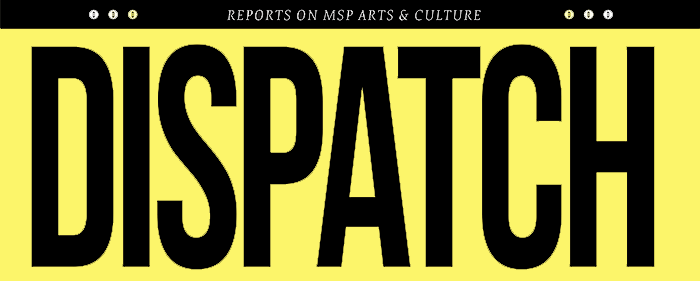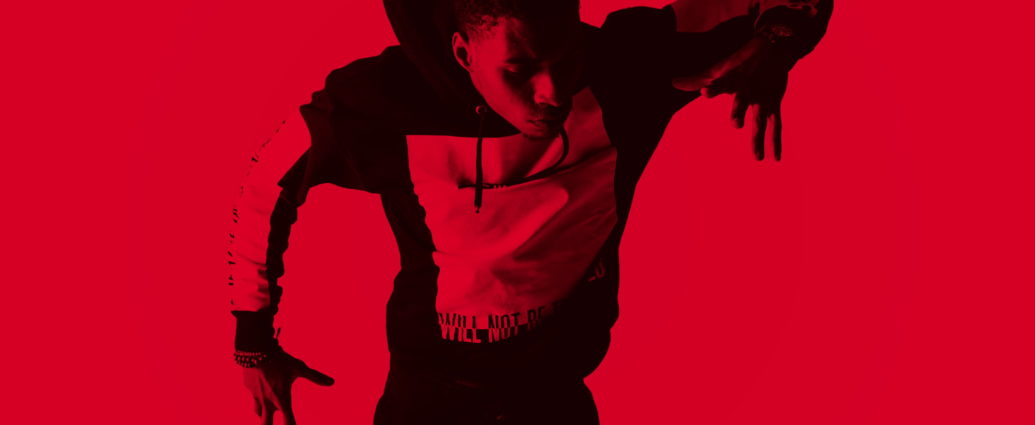Stages of Equity, a two-day festival at North Hennepin Community College, showcases the breadth and depth of BIPOC artist talent.
WORDS BY KATIE DOHMAN
In 2019, Kathy Hendrickson, Dean of Fine and Applied Arts, Global and Cultural Studies at North Hennepin Community college, realized she had an opportunity after attending festivals and talking with her students: The campus, which is made up of 60 percent BIPOC students, weren’t seeing their art, faces, or identities at festivals.
The Stages of Equity Festival was born. According to the announcement, it “seeks to create a long overdue paradigm shift in the visual and performing arts that redresses systemic racial inequities in the arts” by creating a platform that centers the artwork of people of color. Now in its third year, it showcases two days of art made solely by BIPOC artists. This year’s exhibitions and performances include Native/Boricua hip-hop artist Tufawon, Afro-pop singer Snoti Jappah, dance artist/choreographer Kealoha Ferreira, Congolese master guitarist
Siama Matuzungidi, and STRONGmovement Dance Company. The festival also features workshops, Q&As, and free meals and snacks from Afro Deli, MT Noodles, and Holy Land Deli. This conversation has been edited for length and clarity:
KD: As a theater professor and dean, what are the biggest hurdles you see for your BIPOC students finding: a) meaningful experiences to train and learn while a student and b) meaningful, life-sustaining work once they graduate?
I think that everyone says that students need to see artists that look like them reflected in performance. So, we have festivals like this, and guest artists are invited into long established systems: colleges, universities, performing arts centers, etc… That is not a bad thing at all, but it is only a start. I think there are so many hurdles in the way of equity in arts, in education, and within these systems. We desperately and need to rethink the systems, make bold choices in restructuring systems themselves. That is a heavy and slow lift.
As any kind of artist, it is near impossible to make a living, we simply need to pay artists more money, and make that the norm. Just because our work is joyous does not mean that we should not get paid and paid well. This is an ever problem, and again, we need to rethink the whole system of how we do things. Once we pay artists more money, an artist will be a viable career path. Once we pay artists of color more money, being a BIPOC artist will be a viable career path—that and keeping the arts in EVERY school.
KD: How might festivals or performances like these help that dynamic change? What are the hurdles you see particularly in this specific time, wrestling with the vestiges of the pandemic and the effects of the murder of George Floyd?
We have had a huge wake-up call—hundreds of them in the past few years, and there is great hope and opportunity enwrapped in this great loss. We have had opportunity to come face-to-face with our truths as individuals and as a community. We just need to summon the courage to embody our truths. Festivals give focus, performance give focus, so individuals can be in the same room, sharing the same breath and can process through a common object, that is the art. We need to process, to commune. I think our greatest hurdle is fear of our own vulnerability and our fear of being vulnerable in the company of others. Being in an audience witnessing performance gives us a space to do just that.
KD: It seems like you saw a problem as an opportunity—that is, instead of talking about the problem, you are doing about the problem. How did you solve or embrace them?
Problems are always opportunities—a chance to do something you have never done before or to think a new way. You have to be willing to fail, to be wrong, to face fear, and to accept your own rage and love and vulnerability. It is important to listen and be present with students and with the community you serve and with everyone, actually. We are all in service to each other, all the time. Everyone is at a different place in their journey, but you can’t let that stop you. I want the place to be packed, and us to eat together to witness together, to commune.
KD: How can these performances and opportunities change how our larger community sees opportunities to change how we all think, feel, act, and make laws, create systemic change, create community care?
We just need to provide the space, the opportunity and of, course, food. North Hennepin is a Community College, and the focus is on the word community. I cannot change how anything thinks or acts—they can only do that themselves. But if the environment permits it, anyone can change, anyone can feel. They just have to be willing and able. Or you could just come and see some ridiculously amazing BIPOC artists all in one place. It’s a blast.
KD: This is an incredible opportunity to see BIPOC talent, in a variety of disciplines, for free. What should festival goers expect?
The festival is a community service and a place, a destination to be exactly who you are. ALL ARE WELCOME. Stages of Equity is a home for quality programming, specifically and special to BIPOC artists. It is a celebration. We are the Community’s space, and you are our community.
WHEN YOU GO
Third Annual Stages of Equity Festival
North Hennepin Community College
March 23 & 24
For the full schedule, locations, and more information: nhcc.edu/stagesofequity2023

